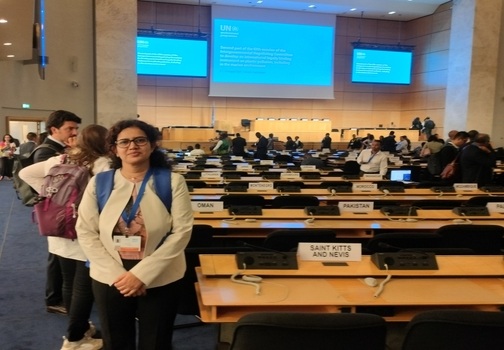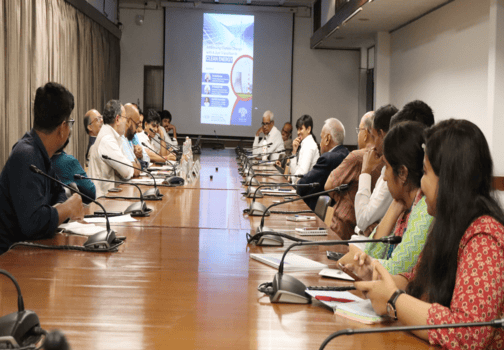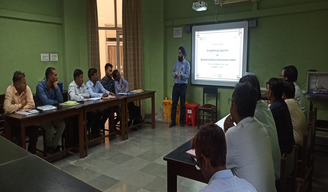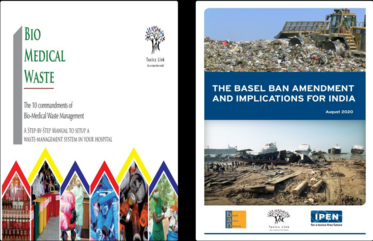Recycling of e-waste
GOVERNMENT OF INDIA
MINISTRY OF ENVIRONMENT, FOREST AND CLIMATE CHANGE
RAJYA SABHA
UNSTARRED QUESTION NO. 670
ANSWERED ON 08.02.2024
Recycling of e-waste
670. SHRI RAJEEV SHUKLA:
Will the Minister of ENVIRONMENT, FOREST AND CLIMATE CHANGE be pleased to state:
(a) the details of progress made with respect to recycling of e-waste generated in the country;
(b) the State/UT-wise details thereof;
(c) the benefits realised as a result of the same;
(d) the challenges faced in this respect; and
(e) the proposed measures to be taken in this regard?
ANSWER
MINISTER OF STATE IN THE MINISTRY OF ENVIRONMENT, FOREST ANDCLIMATE CHANGE (SHRI ASHWINI KUMAR CHOUBEY)
(a) & (b) The recycling of E-Waste has gradually increased in the country and the same is reflected in the table below:
Financial Year Quantity of E-Waste processed in tonnes
2016 17 23330.3
2017 18 69,413.69
2018 19 1,64,663.0
2019 20 2,24,041.0
2020 21 3,54,540.70
2021 22 5,27,131.57
The above table reveals that the e waste recycling is increased 22.59 times during 2016-17 to 2021-22. The details of E-Waste collected and processed by the States/ UTsduring Financial Year (FY) 2020-21 and FY 2021-22 are given at Annexure 1.
The above table reveals that the e waste recycling is increased 22.59 times during 2016-17 to 2021-22. The details of E-Waste collected and processed by the States/ UTs during Financial Year (FY) 2020-21 and FY 2021-22 are given at Annexure 1.
(c) to (e) The quantity of E-Waste recycled through Registered Recyclers has increased over the years. The E-Waste recycling units adopt scientific and environmentally sound techniques for recycling of the E-Waste. The E-Waste recycling in scientific and environmentally sound manner as done by the registered recycling units helps to protect the environment and conserve natural resources. Proper recycling of E-Waste, reduces the amount of waste in landfills, number of harmful chemicals released into the environment and prevent soil and water contamination and promote sustainable development and circular economy. The recycling of E-Waste through registered recycling units helps in preventing leakage of E-Waste into informal units which adopts crude and unhealthy techniques causing harmful effects on environment and human health. Further, Ministry has comprehensively revised the E-Waste (Management) Rules, 2016 and notified the E-Waste (Management) Rules, 2022 in November, 2022 and the same is in force since 1st April, 2023. These new rules intend to manage e-waste in an environmentally sound manner and put in place an improved Extended Producer Responsibility (EPR) regime for e-waste recycling wherein all the manufacturer, producer, refurbisher and recycler are required to register on portal developed by the CPCB.
The new provisions would facilitate and channelize the informal sector to formal sector for doing business and ensure recycling of E-waste in environmentally sound manner. Provisions for environmental compensation and verification & audit have also been introduced. These rules also promote Circular Economy through EPR regime and scientific recycling/disposal of the e-waste.






